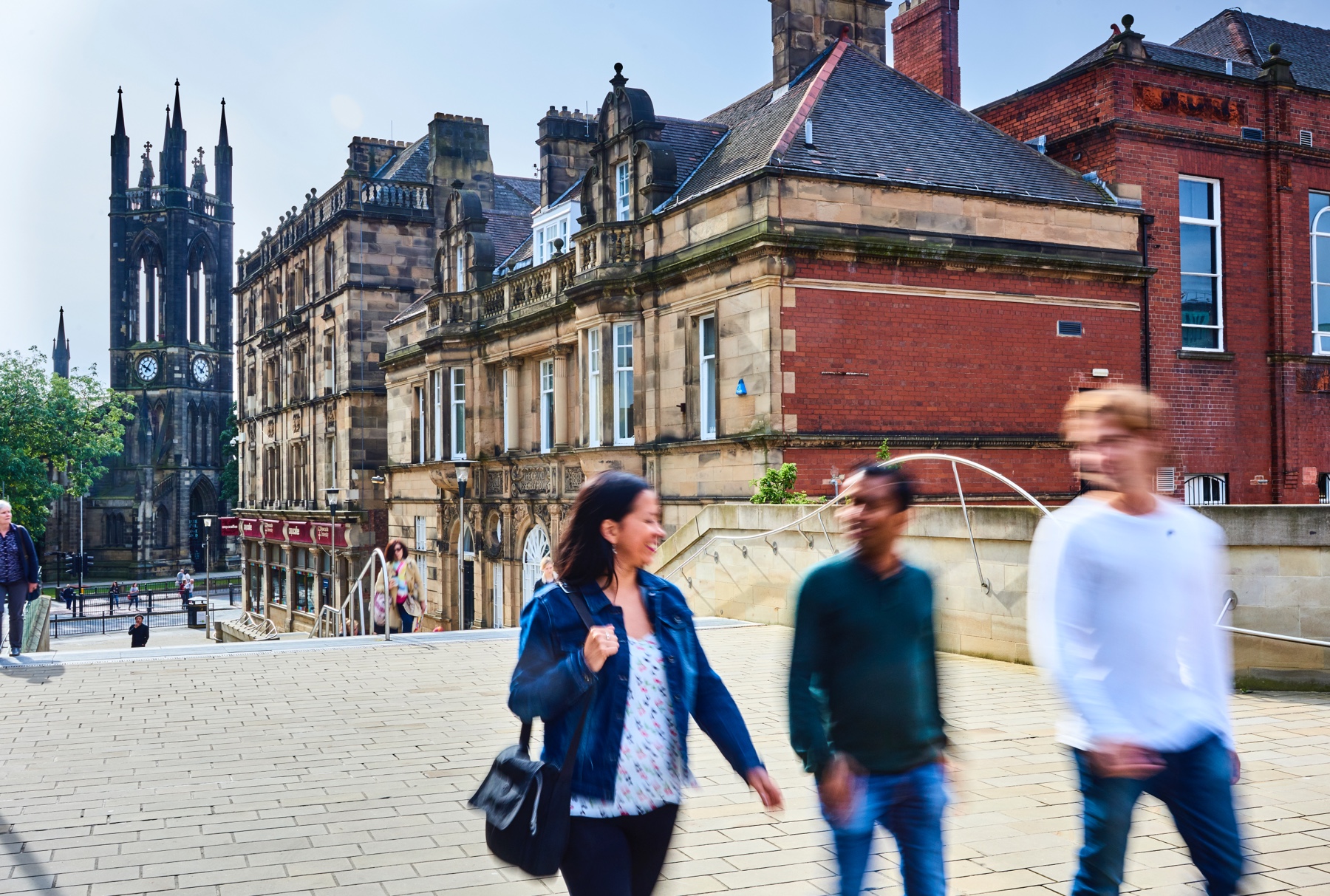Alex
Environmental Engineering: MSc.
Before starting my Masters degree in Environmental Engineering I had honestly done very little that someone could say was directly linked to environmental engineering. Although my BSc was in Applied and Environmental Geology I mostly learnt a lot about rocks and minerals for 3 years. It wasn’t until my final year that I took a module on Environmental Geology that I realised that my interests lay in environmental issues and not solely in rocks (shocking I know). I began reading further into this and becoming more and more interested in how people were going about trying to solve environmental issues around the world, at the time acid mine drainage and land remediation strategies were of particular interest.
When I saw there was a course called Environmental Engineering I knew straight away what I wanted to do my masters in. In doing this course I hope to gain the skills and knowledge necessary to make a difference. By the way things seem to be going globally, working to maintain our environment is going to become an even greater challenge than it already is, and I want to be part of the solution.
Choosing Newcastle
I chose Newcastle because all the modules sounded interesting and challenging. One key module was Environmental Engineering for Developing Countries. No other course that I considered offered a module looking at this. Also, the Newcastle website and application portal is well designed and easy to navigate. This was not the case for other institutions.
Choosing Environmental Engineering
I chose to do this Masters because environmental issues are one of the biggest challenges the world faces. By completing this course I will be able to contribute towards building a better future for the world.
About the programme
I like how the course has one week of intensive lectures followed by a week where we are free to revise and work on course work. Working in a lab is pretty exciting.
All the modules have been very well run and stimulating. The lectures given by professionals working in each particular area are extremely interesting. The quality of teaching is at the level I expected. I will have to admit that I was a bit surprised when I first learnt that we did one module in a week, but I do find this system works well.
The lecturers are all involved in state of the art research in their field. This allows us to receive the most up to date and quality information in our lectures. I have gained many valuable skills. I have developed academic skills such as how to work in a lab and write academic reports, and also general skills such as teamwork and communication.
Postgraduate life
I have met people doing all sorts of Masters these last couple of months, and from all over the world. The postgraduate community in Newcastle is a very diverse and welcoming environment.
Fieldwork
The field visits are extremely interesting. They provide the opportunity to see how everything we learn in the lectures is actually applied in the real world. I've visited a water treatment plant, wastewater treatment plant, landfill site, waste separation plant and the Drax power plant. These trips give us the chance to see how all the theory we learn in the lectures is actually applied to resolve environmental challenges.
Lab sessions
Coming from a geology background, prior to starting my masters I had never actually set foot in a “proper” laboratory. So there was definitely a steep learning curve when we started working in the labs for our modules. However throughout it all we were always helped and guided by very, very patient lecturers and PhD students. It is nice to learn all about the theory in class but to actually conduct the experiment to see and prove that the theory works is always good fun and interesting.
Industry engagement
There have been guest speakers from industry for water treatment, hydraulics and solid waste management. These have helped me better understand how industry applies the skills we learn and see the areas in which there is more interest and demand.
The programme offers a new range of skills to face the challenges of tomorrow in the workplace. I hope to get a job in a field that will allow me to help improve people’s livelihoods.
Facilities
The massive amount of study space available at the University is great. You can go anywhere and find a good spot to work from. The Philip Robinson Library is great. You can go there at all hours of the day and always find a work station free to sit down and work.
Accommodation
I live in Leazes Terrace and the accommodation is good.
Living in Newcastle
The campus is great. All the facilities are up to date and well equipped. The quality of teaching is high. The city itself is great, very lively and there is always something to do here. The city is very nice. The people have all been very friendly and most important of all it’s a lively city. There is always something to do here at any time of the day. The nightlife is also a big plus.
Hobbies and interests
Tennis, cooking, going to the pub and a good football match.
Support
The support I've received includes meeting with the Degree Programme Director to discuss how I've been finding the course and if I need any help.
Career aspirations
I am interested in the area of solid waste and how we manage it. I would like to use what I learn from this degree to work in developing countries to help make people’s lives a little easier. Ideally, I would like to work in the field of land remediation and reclamation.
Remembering Newcastle
I will remember the University as a place where I grew both academically and socially. I will remember my programme as one of the best years of my life.
